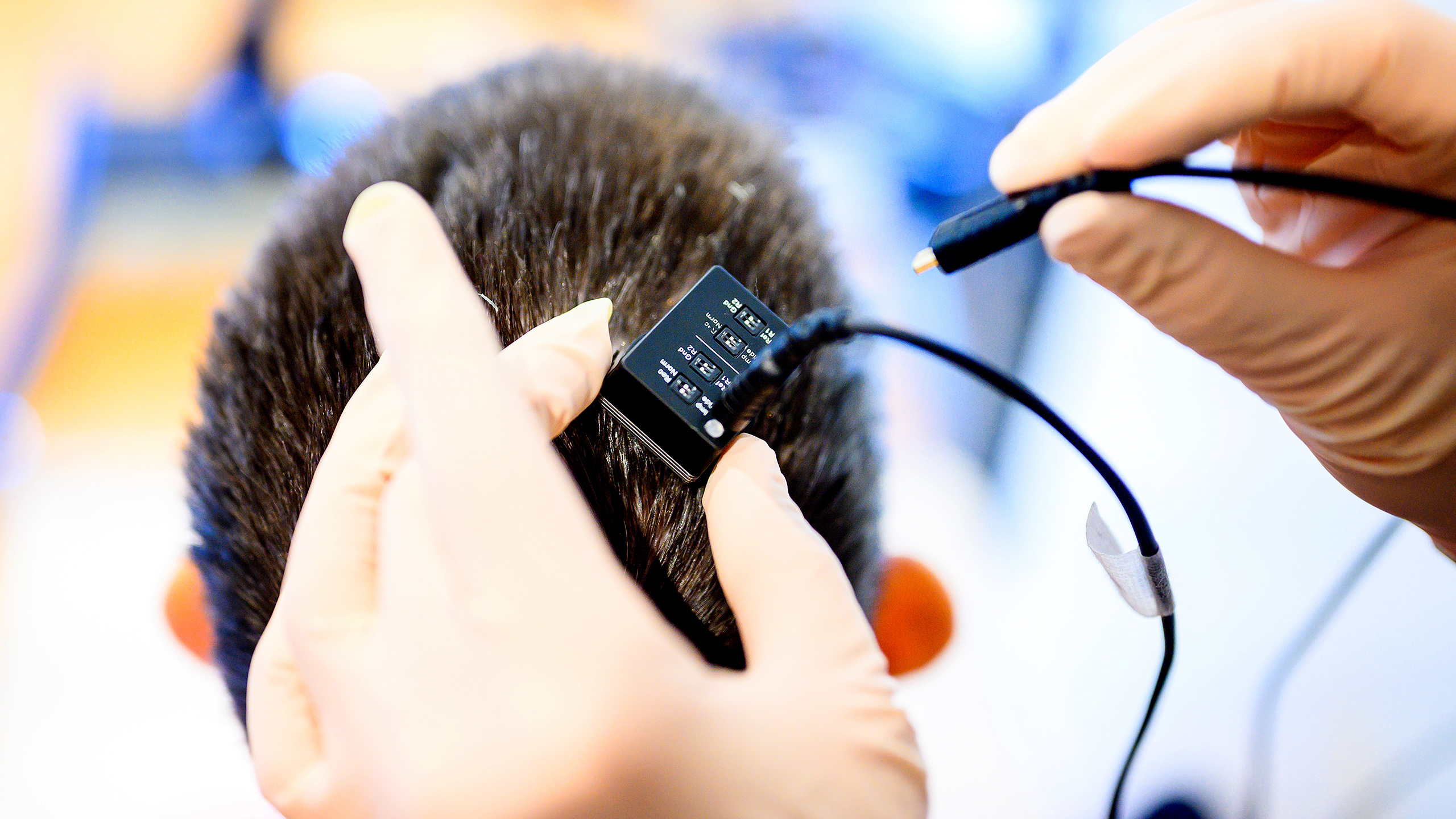Marking a breakthrough in the field of brain-computer interfaces (BCIs), a team of researchers from UC Berkeley and UC San Francisco has unlocked a way to restore naturalistic speech for people with severe paralysis.
This work solves the long-standing challenge of latency in speech neuroprostheses, the time lag between when a subject attempts to speak and when sound is produced. Using recent advances in artificial intelligence-based modeling, the researchers developed a streaming method that synthesizes brain signals into audible speech in near-real time.
As reported today in Nature Neuroscience, this technology represents a critical step toward enabling communication for people who have lost the ability to speak. […]
we found that we could decode neural data and, for the first time, enable near-synchronous voice streaming. The result is more naturalistic, fluent speech synthesis.
[…]
The researchers also showed that their approach can work well with a variety of other brain sensing interfaces, including microelectrode arrays (MEAs) in which electrodes penetrate the brain’s surface, or non-invasive recordings (sEMG) that use sensors on the face to measure muscle activity.
“By demonstrating accurate brain-to-voice synthesis on other silent-speech datasets, we showed that this technique is not limited to one specific type of device,” said Kaylo Littlejohn, Ph.D. student at UC Berkeley’s Department of Electrical Engineering and Computer Sciences and co-lead author of the study. “The same algorithm can be used across different modalities provided a good signal is there.”
[…]
the neuroprosthesis works by sampling neural data from the motor cortex, the part of the brain that controls speech production, then uses AI to decode brain function into speech.
“We are essentially intercepting signals where the thought is translated into articulation and in the middle of that motor control,” he said. “So what we’re decoding is after a thought has happened, after we’ve decided what to say, after we’ve decided what words to use and how to move our vocal-tract muscles.”
[…]
Source: Brain-to-voice neuroprosthesis restores naturalistic speech – Berkeley Engineering

Robin Edgar
Organisational Structures | Technology and Science | Military, IT and Lifestyle consultancy | Social, Broadcast & Cross Media | Flying aircraft
